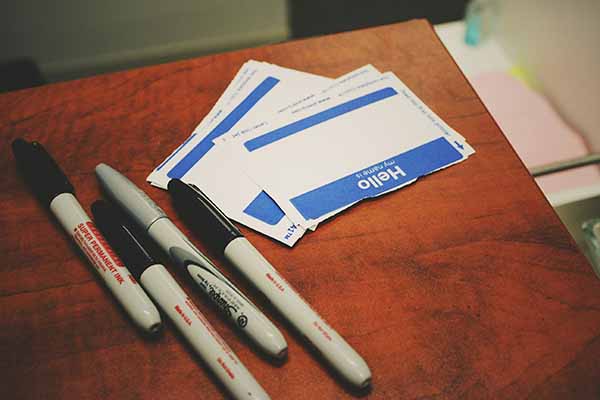
The Role of Imaginative Play in Toddler Development: Samantha's Insights
Hello, fantastic parents! Samantha M. here, delving into the enchanting world of imaginative play and its profound impact on your toddler's development. Join me as we explore the magic and significance of fostering creativity in those precious early years.
Fueling Cognitive Development: Imaginative play is a powerhouse for cognitive growth. From creating scenarios to solving imaginary problems, toddlers engage their minds in complex thinking, enhancing memory, and sharpening problem-solving skills.
Building Language Skills: Storytelling and role-playing during imaginative play nurture language development. Through dialogue and expression, toddlers expand their vocabulary, learn sentence structure, and improve communication skills.
Emotional Expression and Regulation: Imaginative play provides a safe space for toddlers to express and understand emotions. Whether they're pretending to be superheroes or sharing a pretend tea party, they learn to navigate and regulate their feelings.
Enhancing Social Skills: Role-playing scenarios like playing house or setting up a pretend grocery store encourage social interaction. Toddlers learn about cooperation, sharing, and empathy as they engage with others in their imaginative world.
Encouraging Creativity and Innovation: Imagination knows no bounds, and imaginative play fosters a love for creativity and innovation. Whether it's building a fortress out of cushions or imagining new characters, toddlers learn to think outside the box.
Developing Fine and Gross Motor Skills: Acting out various roles and scenarios requires a range of physical movements, contributing to the development of both fine and gross motor skills. From delicate actions like holding a pretend teacup to energetic play, toddlers refine their motor abilities.
Fostering Independence: Imaginative play allows toddlers to take on different roles and responsibilities. Whether they're playing the role of a chef or caring for a pretend pet, they develop a sense of independence and responsibility.
Cultivating Problem-Solving Skills: In their imaginary worlds, toddlers encounter various challenges that require creative problem-solving. This process strengthens their ability to analyze situations, strategize, and find innovative solutions.
Connecting to the Real World: Imaginative play often mirrors aspects of the real world. Through these scenarios, toddlers make connections to their daily lives, helping them understand routines, relationships, and societal norms.
Fostering a Love for Learning: The joy and excitement of imaginative play create a positive association with learning. Toddlers develop a natural curiosity and eagerness to explore, laying a foundation for a lifelong love of learning.
Imaginative play is not just about fun and games; it's a crucial building block for your toddler's holistic development. Embrace the magic of make-believe, participate in their imaginary adventures, and watch as your little ones flourish in creativity and self-discovery.
Happy imagining!
With warmth,
Samantha M.


